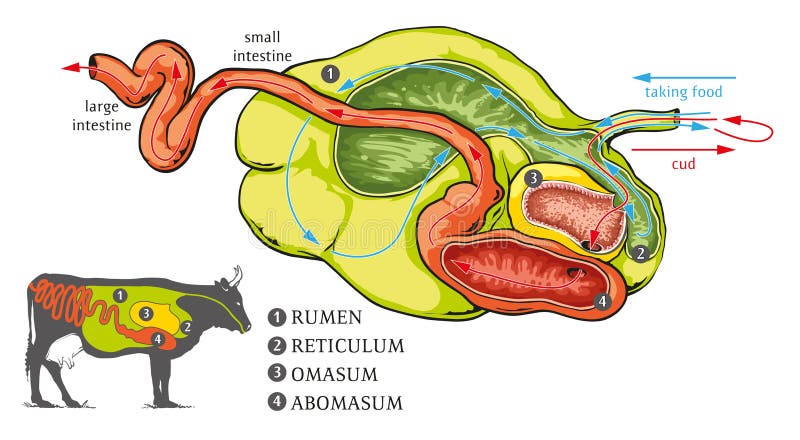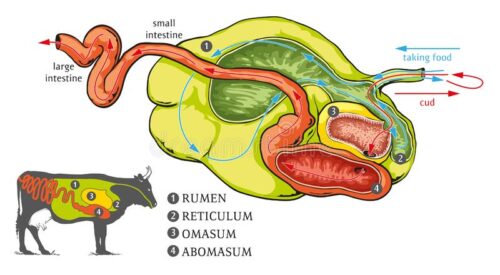RUMEN FLUİD

The extraordinary activity of microorganisms is based on their remarkable metabolic diversity and genetic adaptability, which makes them an important source of genetic resources for biotechnological advancement and sustainable development. The success for biotechnological processes is directly related to the diversity of microorganisms and the molecules they produce as a result of primary and secondary metabolism as well as the conservation of the genetic resources they provide. The rumen fluid is a complex matrix composed by a myriad of microorganisms, which interact among themselves and the host, and degrade plant material (i.e. cellulose, hemicellulose, lignin, starch, protein and small amount of oil) from various sources. The intra- and interspecies interaction are responsible for the synergistic effect on the production of volatile fatty acids and microbial protein in the rumen. Despite the ability of the ruminant to degrade cellulose being responsibility of the microbiota, only recently a reference microbial genome catalog of the rumen was published, and yet a large portion of microorganisms remains unknown16. Furthermore, many of the rumen bacteria remain uncultured and uncharacterized, which is more troublesome for eukaryotes17.
de Almeida, R.T.R., do Prado, R.M., Porto, C. et al. Exploring the rumen fluid metabolome using liquid chromatography-high-resolution mass spectrometry and Molecular Networking. Sci Rep 8, 17971 (2018). https://doi.org/10.1038/s41598-018-36196-4
